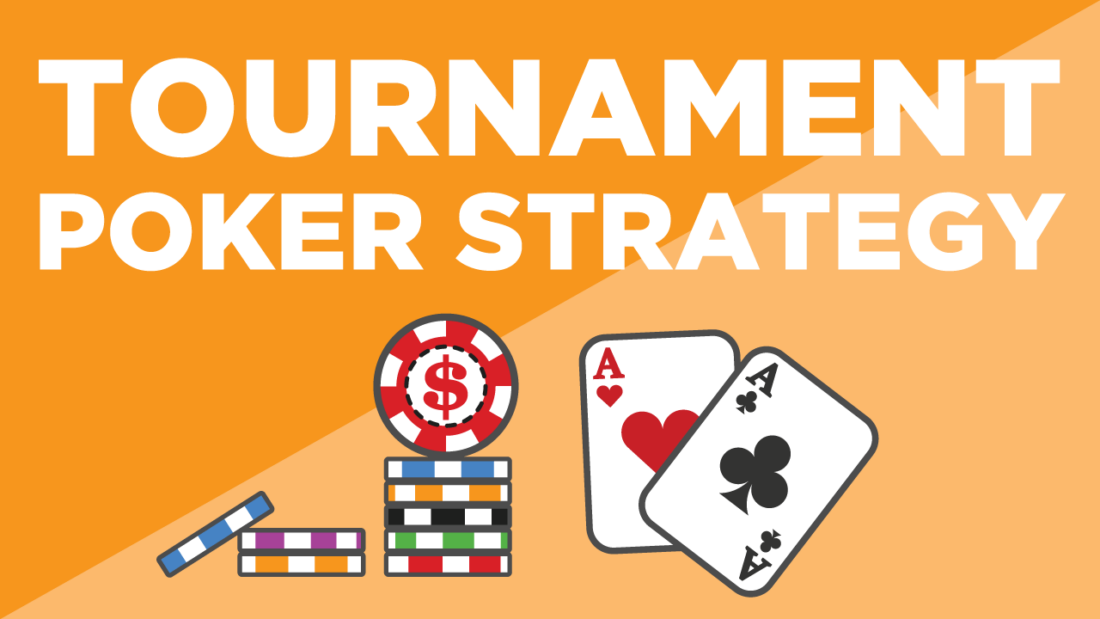Tournament Poker: Essential Strategies for Success
Introduction:
Tournament poker is a thrilling and competitive game that requires a combination of skill, strategy, and psychological insight. Whether you’re a novice player looking to improve your game or an experienced competitor seeking to sharpen your skills, mastering essential strategies is key to success in tournament poker. In this article, we’ll delve into some fundamental strategies that can help elevate your tournament poker game to the next level.
Essential Strategies for Tournament Poker Success:
- Understanding Tournament Structure:
Before diving into tournament play, it’s crucial to understand the structure of the event. Familiarize yourself with blind levels, starting stack sizes, and payout structures. This knowledge will inform your strategy throughout the tournament, helping you make informed decisions about when to be aggressive and when to conserve chips. - Early Stage Strategy:
During the early stages of a tournament when blinds are low relative to stack sizes, focus on playing tight and selective hands. Avoid speculative hands and prioritize premium holdings such as high pairs and strong suited connectors. Your goal in the early stages is to build your chip stack gradually while avoiding unnecessary risks. - Middle Stage Strategy:
As blinds increase and the tournament progresses into the middle stages, adapt your strategy to account for escalating pressure. Look for opportunities to steal blinds and antes, particularly from late position. However, remain cautious and avoid overextending yourself, as busting out prematurely can be costly. - Late Stage Strategy:
In the late stages of a tournament, with the money bubble approaching and final table aspirations in sight, aggression is key. Exploit your opponents’ tendencies and leverage your stack size to apply pressure. Be prepared to make strategic all-in moves to accumulate chips and maintain a competitive edge. - Adjusting to Opponents:
Pay close attention to your opponents’ playing styles and tendencies throughout the tournament. Adapt your strategy accordingly, exploiting weaknesses and adjusting your aggression levels as needed. Against tight players, loosen up and play more aggressively. Against aggressive opponents, exercise caution and look for opportunities to trap. - Maintaining Discipline and Patience:
Discipline and patience are essential virtues in tournament poker. Avoid tilt-inducing decisions and emotional reactions to bad beats or unfavorable outcomes. Stick to your game plan and trust in your strategy, even during periods of adversity. Remember, poker is a game of variance, and maintaining composure is crucial for long-term success. - Balancing Risk and Reward:
Strike a balance between risk and reward in your decision-making process. While aggression is often rewarded in tournament poker, reckless play can lead to costly mistakes. Evaluate the potential outcomes of each decision and weigh the risks against the potential rewards. Make calculated moves that maximize your chances of success while minimizing downside risk.
Conclusion:
Mastering tournament poker requires a combination of skill, strategy, and mental fortitude. By understanding tournament structure, adapting your strategy to different stages of play, and remaining disciplined in the face of adversity, you can maximize your chances of success on the tournament circuit. Incorporate these essential strategies into your game, and watch as your tournament poker skills reach new heights.
Whether you’re competing for a coveted spot at the final table or aiming for a deep run in a major tournament, the principles outlined in this article will serve as valuable tools in your quest for tournament poker glory.


No Comments